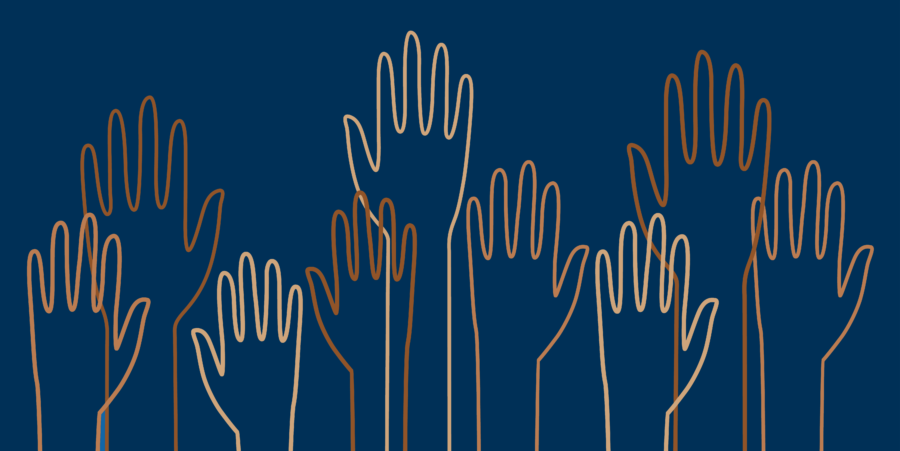Joining a regulatory board
Social work regulatory boards and colleges are usually made up of a combination of licensed practitioners and public members.

Social work in the United States and Canada is regulated at the state/provincial level, which means that each state and province sets its own standards of practice, licensing requirements, and disciplinary procedures.
No two states or provinces are exactly alike in how they appoint, elect, or recruit board members, but every individual serving as a social work regulator has an obligation to act in the best interests of the public they serve.
Every individual serving as a social work regulator has an obligation to act in the best interests of the public they serve.
In the U.S., states and territories usually have a licensing board that oversees regulation of the social work profession. The board consists of licensed professionals and public or consumer members who are not part of the profession. By and large, these boards operate through the executive branch of the state government, and board members are appointed by the governor’s office. Some boards accept applications from licensees and consumers who would like to serve on the board.
In Canada, social work regulation is delegated to independent organizations in each province. Some provinces, like British Columbia, have a college of social workers that has the mandate to regulate registered social workers. Other provinces, like New Brunswick, have an association of social workers with a dual mandate to support the profession and regulate it as well. Often, the boards of these colleges and associations include social workers elected by the registered social workers, along with public or consumer members appointed by the provincial government.
If you are interested in serving as a regulator, check the website of your state or provincial regulatory agency and find out how you can get involved.

